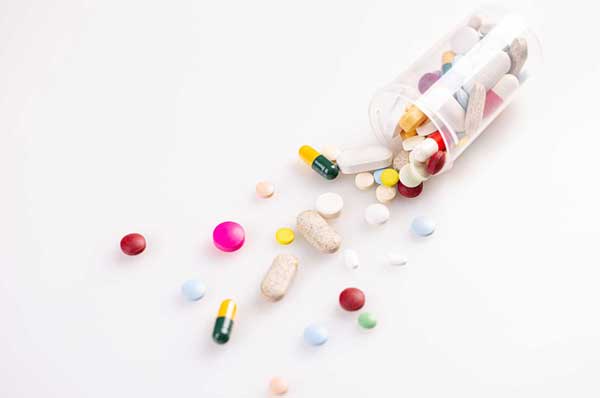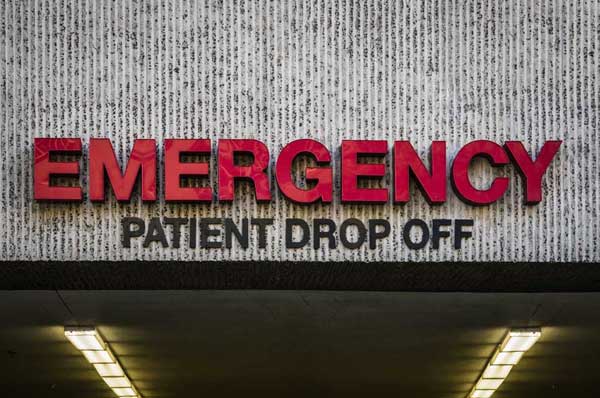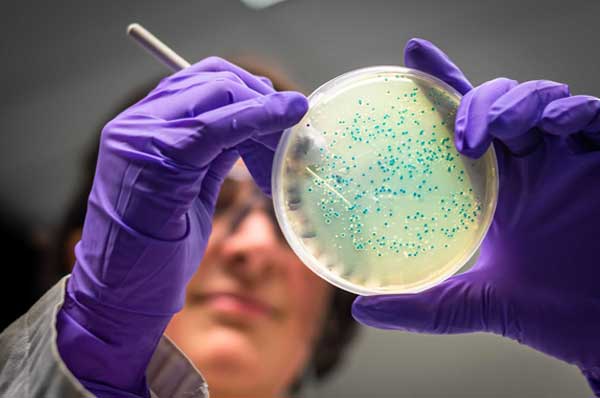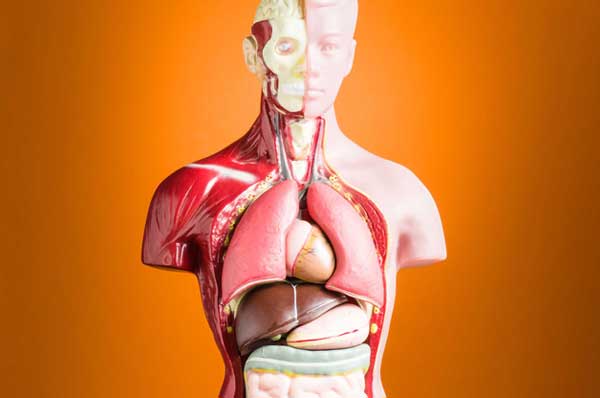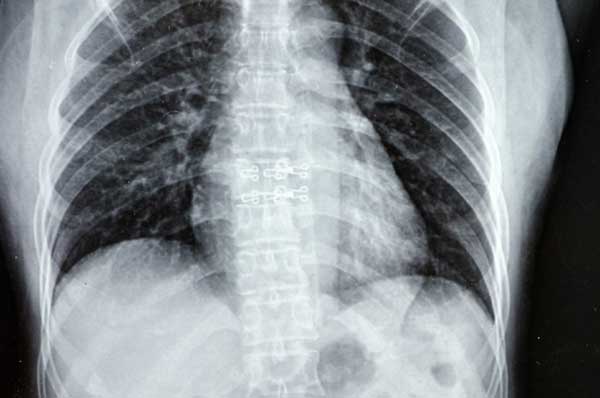International Academy on the Science and Impact of Cannabis
Doctors educating on Marijuana
IASIC is a collective of international experts on cannabis who are guided by medicine and
science to provide accurate and honest information that guides decision-making. We recognize
that the use of cannabis is potentially harmful, and that policies or practices which enhance or increase the use of cannabis risk serious medical and social consequences.
TOP 15 RISKS OF MARIJUANA ON HEALTH

The brain continues to grow until the mid 20s, 25 or even 27. The youthful brain is busy developing myelin to coat brain nerve cells to they conduct faster. It is also involved in synaptic pruning, selecting the best pathways and habits for the brain. During this susceptible time, exposure to any addictive drug can stunt brain development. Youth marijuana use can have long term consequences.

Marijuana has not been proven to be an effective pain reliever.
Marijuana users are more likely to have associated misuse of prescription drugs.

Marijuana Addiction, or cannabis use disorder is a DSM IV diagnosis that occurs in 9% of adults and 17% of teens who use marijuana. Chronic marijuana users are more likely to develop addiction at 25-50%.
Youth who use marijuana are 4 – 7 times more likely than adults to develop a cannabis use disorder.

Cannabis withdrawal is reported by up to 30% of regular users.
Cannabis withdrawal is reported by up to 50-90% of heavy users in treatment or research studies.

Hospital visits with cannabis related diagnosis have been increasing. The ED visits have tripled in Colorado since legalization. They have increased 830% in San Diego from 2011 – 2016.

Marijuana is the most common illicit drug identified in impaired drivers.
Risk of motor vehicle collision increases 2-fold after smoking marijuana.

Chronic marijuana is associated with intense abdominal pain and vomiting, cannabis hyperemesis syndrome, also known as “scromiting.”

Long term marijuana use can impair fetal brain development
Marijuana increases the risk of stillbirths by 2.3.

Marijuana, including THC and CBD products have hundreds of drug interactions with various medications. Drug.com

Marijuana from licensed dispensaries were found to have infectious contaminants that have resulted in death.

Marijuana is associated with heart conditions such as fast heart rate, heart attack, high blood pressure, stroke, and irregular heart rate.
THC and CBD labeling is not accurate. In a study published in JAMA, 75 marijuana products from 47 different brands were tested and found only 17% label accuracy with 23% under labeled and 60 over labels with respect to THC levels. A similar study showed only 30% accuracy for CBD products.






